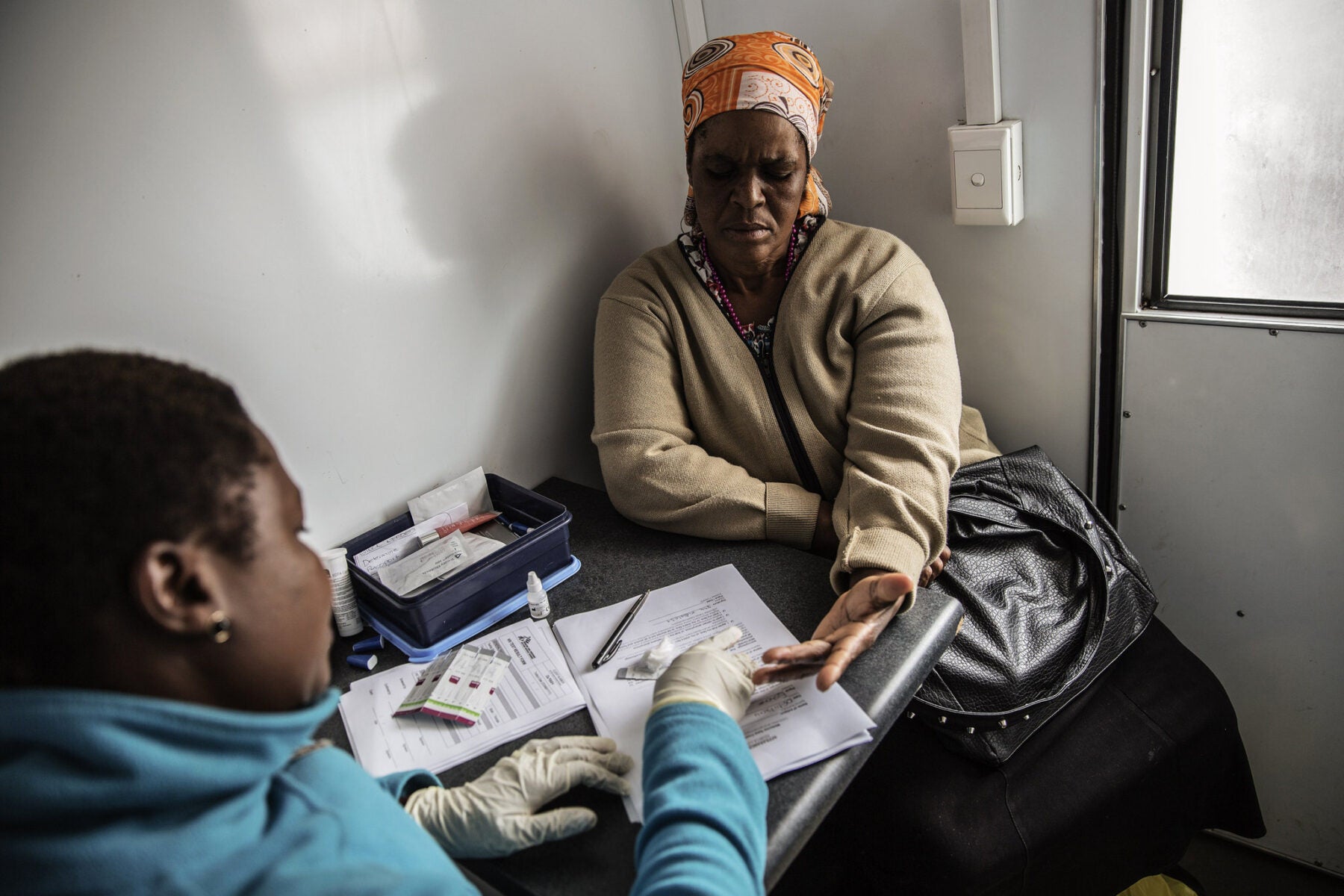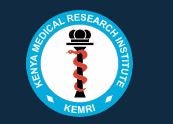Our Projects
IBIS: Transformative approaches to rapidly and efficiently test demand creation interventions to promote HIV retesting in adults at increased risk of HIV
Kenya and Uganda

Frequent HIV testing is a key aspect of health for those with an increased HIV risk. It can help achieve early diagnosis and allow for the timely initiation of proper treatment, in turn reducing morbidity and eliminating transmission. HIV retesting can also support HIV prevention interventions, including pre-exposure prophylaxis (PrEP).
The World Health Organization (WHO) recommends that adults at higher risk for HIV retest every 3-6 months. Many people in sub-Saharan Africa (SSA) have tested for HIV at some point, but almost no SSA countries have met the UNAIDS goal that 95% of people with HIV know their status. There is a vital need for interventions which increase demand for routine testing in persons at increased risk of HIV.
The IBIS project is rooted in behavioral science and human-centered design with the overarching goal of creating interventions which effectively promote frequent HIV testing in rural Kenya and Uganda. IBIS has three main aims:
- Create a “mega-trial” by adapting multiple low-cost interventions (“nudges”) for implementation in study communities. This will be done using participatory, human-centered design workshops that include adults at high risk of HIV and healthcare providers.
- Determine the effectiveness of the adapted interventions in a 10-arm randomized controlled trial (RCT) by enrolling about 18,000 high-HIV-risk adults across 16 communities to an intervention and assessing HIV retesting adherence.
- Analyze which interventions are most effective for specific priority sub-populations using innovative machine learning methods.
Findings from this project may prove innovative in fostering the development and testing of multiple low-cost interventions to promote other health behaviors simultaneously. This could include medication adherence, engagement in HIV prevention, and overall acceleration of the pace of scientific discovery.
This study is registered with ClinicalTrials.gov: NCT06971367
Keywords
Human-Centered Design, HIV and STIs, Economics, Behavioral Science
Principal Investigators












